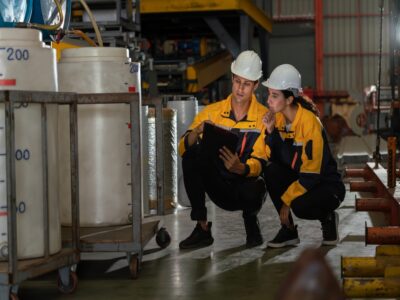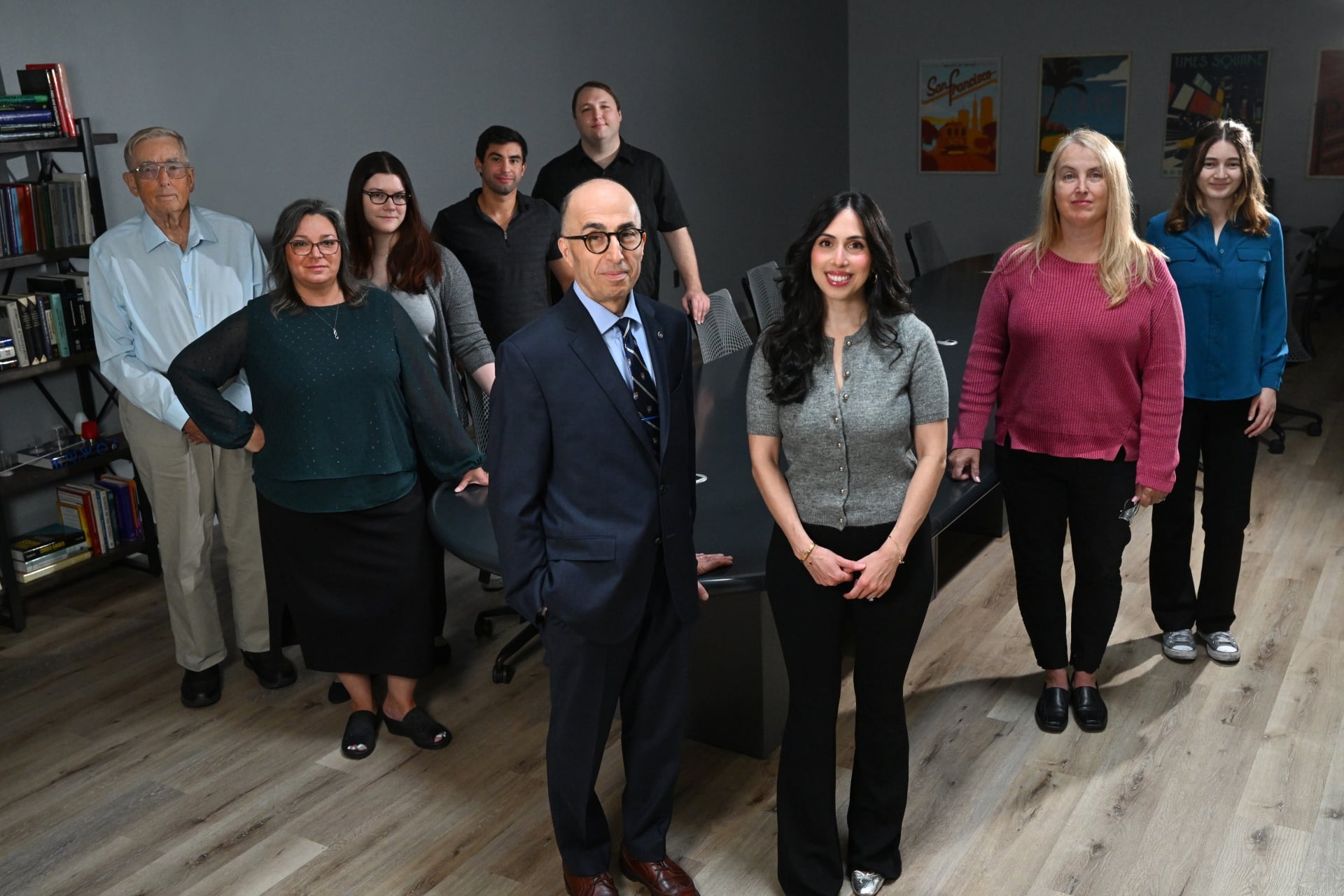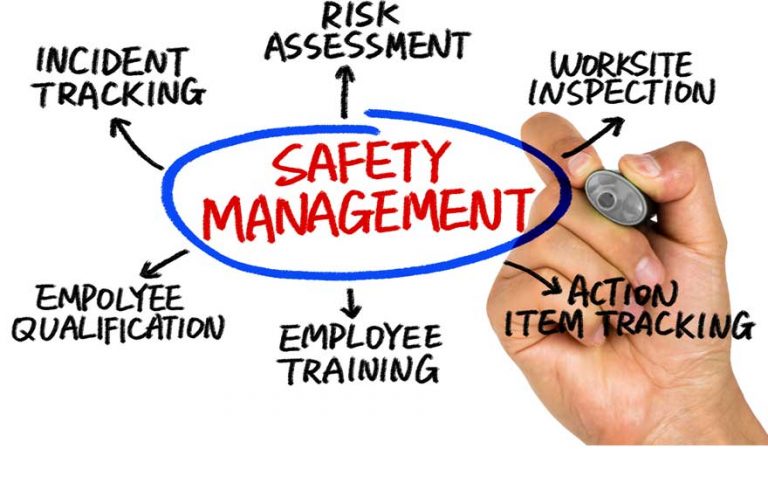Search
What is the difference between Process Safety and Occupational Safety? – and does it matter?!

Cards on the table from the off!
At Stonehouse Process Safety Inc. our consultant engineers and laboratory staff do what it says on the tin; Process Safety. We do occasionally work for our clients on occupational hazards, but it is not our main specialization. But whatever you may think about our specialty, one thing that we do feel strongly about is that there is a real difference between Process Safety and Occupational Safety – AND – it does matter that the difference is understood.
So now you have an option:
You can read our words on Occupational and Process Safety in which we discuss the differences – or else you can jump straight to the QUIZ if you think you have a great understanding already. Whichever path you follow, just bear in mind 2 things:
- The QUIZ is for fun – We do not collect your individual results, although we plan to aggregate the anonymized results, in case we find any misunderstanding or points to raise in future issues of our Process Safety Dispatch, and
- Whether we are talking about Process Safety or Occupational Safety, and even if we manage to come up with a contentious answer or two that doesn’t clearly fit in one category or another, remember that both disciplines are incredibly important and, in the end, they are both designed to keep us all alive and well!
Let’s start with some definitions but beginning with a point of convergence; companies the world over have a wish to keep people and their surroundings safe. As such, they will concern themselves with both Occupational and Process safety.
Occupational safety (& health) is very much concerned with people in their workplace. Indeed, it is a multidisciplinary field that deals with the safety, health, and welfare of people at work. As such it will cover things like slips, trips, and falls, wearing of personal protective equipment (PPEs), wellbeing at work, noise in the workplace and even vehicle accidents.
Process safety on the other hand, will not only concern the employee’s workplace; it will cover the surroundings as well. Process safety focuses on hazards associated with industrial processes, specifically fires, explosions, and toxic releases. Process safety is concerned with preventing potentially severe safety issues that can arise in facilities processing hazardous materials. Those same facilities also have occupational safety issues of course, but process safety deals with those that arise from major hazards, such as toxic releases, dust or gas explosions, and uncontrolled fires. Process safety incidents can impact whole communities risking many fatalities and injuries, property loss, and environmental damage.
The differences
People working in process safety will most likely have qualifications, training, and experience in engineering and management. These people spend their time looking at how to prevent extreme safety issues with potentially catastrophic consequences that we mentioned above. They will be considering the consequences of events of many types relating to the environment and the business; so, your process safety staff will likely have a broad range of backgrounds whether these are in risk, major hazards, chemical engineering, dispersion modelling, and/or hazard and operability studies. At one level, process safety specialists will be submitting applications to the authorities regarding operation of plant in a particular geographic location, complete with worst case scenario generation and mitigation as well as possible models of loss of containment. At another level they will be involved in incident investigations, particularly where there is a loss of containment – for example, an explosion or release to atmosphere.
On the other hand, most people in your workplace will be more familiar with occupational safety issues than process safety issues. Occupational issues will more directly impact on your staff; they may encounter your occupational safety specialists looking at walkways and stairwells to make sure they are in order, conducting training, and creating programs that introduce and test PPEs. By and large, your occupational safety specialists try to prevent and deal with smaller incidents in the workplace – although the consequences of getting it wrong can be every bit as severe for the individual and their families as can a major failure in process safety – it’s just that the overall scale may be smaller. And failures in occupational safety tend to happen much more frequently than the big process safety failures that appear in the local or national headlines.
Why it matters
So why does it matter to understand the difference between Occupational and Process Safety. Most importantly we believe that Occupational Safety and in Process Safety staff need to work together and understand each other’s areas of specialism – and their strengths and weaknesses. Such an understanding will facilitate working together. The Process Safety specialist may not fully get the organizational structures and culture within which their carefully designed engineering solutions are supposed to operate. But the Occupational Safety professional might equally well not understand the magnitude or indeed consequences or technical risk management and control processes that form a key part of process safety.
So, it’s not just about knowing which group of professionals to approach for the particular safety issues you have. It’s about making sure that you do not end up with Process Safety and Occupational safety ‘silos’ of people that never talk! And of course, if you are recruiting, you need to be certain that you know what competencies you are looking for to cover all bases in the knowledge and experience gaps that are frequently found in most organizations. For more information on assessing organizational competence and on filling the competency gaps you may like to read our article ‘Ensuring Competency in Process Safety’.
May be now you have read this piece you would like to test your knowledge on the differences between occupational and process safety with our quick-fire quiz?
Take the quiz!

Get in touch
To learn more about our expertise and services in dust explosion prevention & mitigation, call us at +1 609 455 0001 or email us at [email protected] today.
We also offer tailored virtual and in-company process safety training programs on Dust Explosions, Static Electricity and HAC (Hazardous Area Classification) and more. Find further information here.










